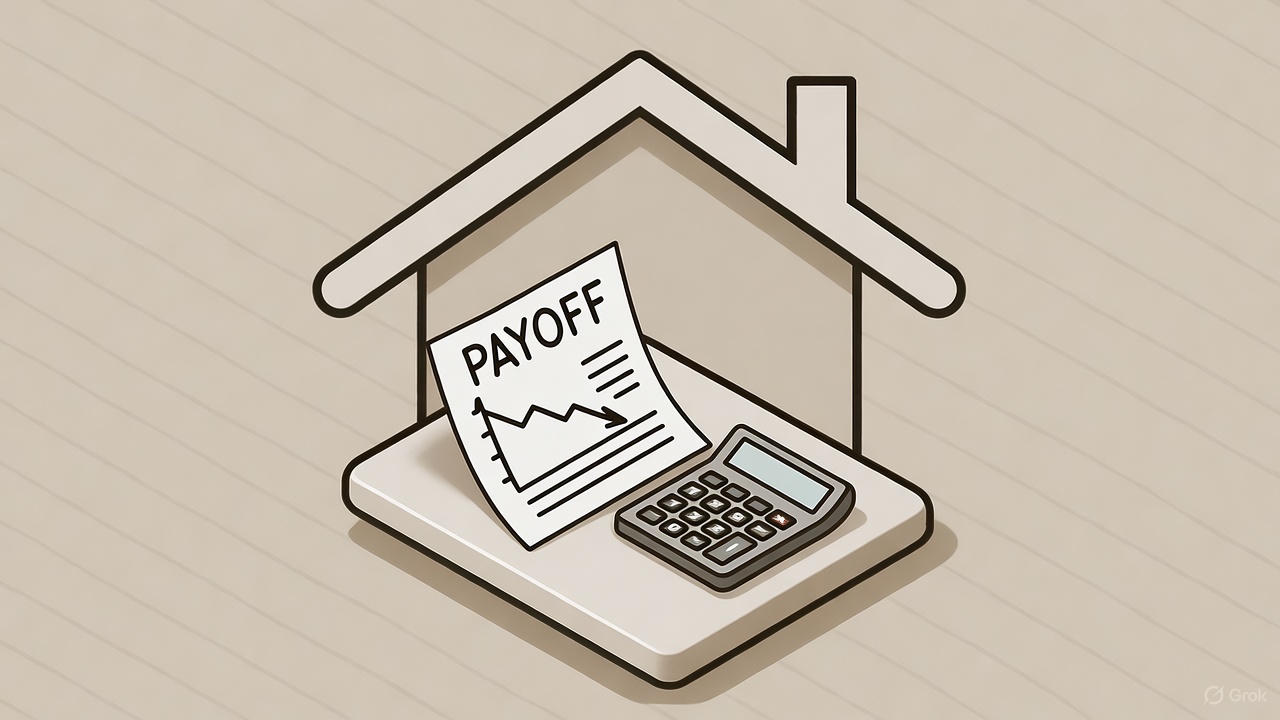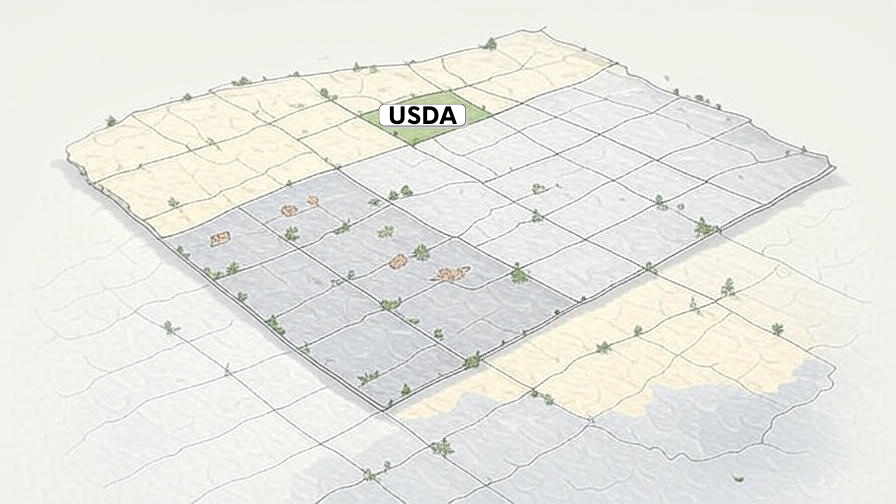Buying a home in Raleigh is exciting—especially if you’re a first-time buyer. But it’s not just the down payment that matters. Many buyers get caught off guard by the other costs of homeownership, and those surprises can turn your dream purchase into a stressful one. Let’s break down the expenses most people don’t plan for (but should).
Closing Costs: More Than Just Paperwork
These aren’t hidden and although are disclosed as part of the loan, many lenders don’t review these or explain them to home buyers. Some lenders do that intentionally, I’m sure you can imagine why. Closing costs typically range from 2% to 5% of the loan amount and may include:
- Loan origination and underwriting fees
- Appraisal and inspection fees
- Title search and title insurance
- Prepaid property taxes and homeowners insurance
- Escrow account setup
Quick estimate (example): On a $350,000 home, expect roughly $7,000–$17,500 in closing costs, depending on program, rate, and prepaid escrows.
Pro tip: Some costs can be negotiated or offset with Down Payment Assistance (DPA), but plan for them up front so nothing derails closing week.
Moving Expenses Add Up Fast
Think moving is just renting a truck for a day? Not so fast. Common line items:
- Professional movers (or a truck rental + boxes and supplies)
- Utility deposits for water, gas, electric, and internet
- Cleaning services for your old place or the new one
- Time off work if you’re handling the move yourself
Typical Raleigh ranges: DIY local move with truck/boxes $300–$800; full‑service movers for a 2–3 bedroom $1,200–$2,500+. Utility deposits can add $150–$400 total.
Furniture & Appliances: Your Old Futon May Not Cut It
Your new home might be bigger than your apartment, or it may not include certain appliances. Budget for:
- Refrigerator, washer, and dryer (many new builds don’t include them)
- Lawn tools and outdoor gear if you’re gaining a yard
- Window blinds, curtains, and hardware
- Furniture upgrades to actually fit the new rooms
Typical ranges: Washer/dryer set $1,200–$2,000; refrigerator $1,000–$2,500; basic furniture refresh (sofa, bed, dining set) $3,000–$5,000.
Move‑In Day Essentials Nobody Warns You About
- Fresh paint to make it feel like “yours” (and cover scuffs)
- Changing locks and toilet seats for peace of mind
- Stocking the pantry and fridge—a big first grocery haul adds up
- New bedding and towels (sizes and colors rarely match perfectly)
- Household basics: trash cans, shower curtains, extension cords, cleaning supplies
Ballpark: Interior painting (pro) $2–$6/sq. ft. (2,000 sq. ft. ≈ $4,000–$12,000); rekey/new locks $75–$150 per door; toilet seats $20–$80 each; pantry/fridge stock‑up $200–$400; bedding & linens $150–$400 per bedroom.
The Smart Way to Budget
Instead of guessing, map out a full picture that covers more than the down payment. Your readiness checklist:
- Save for closing costs
- Plan for moving expenses
- Set aside for furniture and appliances
- Budget for “day one” essentials (paint, locks, groceries, bedding)
- Keep an emergency buffer—because things break
Rule of thumb: Beyond your down payment, many Raleigh buyers are comfortable earmarking an additional 3%–6% of the purchase price to cover the items above (varies by home size, scope, and what’s included).
Bonus: Plan a Housewarming Party (Because You Earned It 🎉)
Not a “cost,” but a fun line item to plan for: a simple housewarming. Think snacks, paper plates, a few folding chairs, and a playlist. Pro move: ask friends to bring a plant, a favorite spice, or a cleaning supply instead of a bottle of wine—useful, low‑cost, and it helps stock that new pantry.
Budget idea: A casual BYO open house can be done for $100–$300 depending on guest count and snacks.
Final Thoughts
Buying a home should be exciting, not overwhelming. When you plan for all the costs—not just the down payment—you walk into your new place with less stress and more confidence.
Want a tool that helps you budget smarter before buying?
👉 Download my free Key Steps app and map out your full home‑buying budget today.




